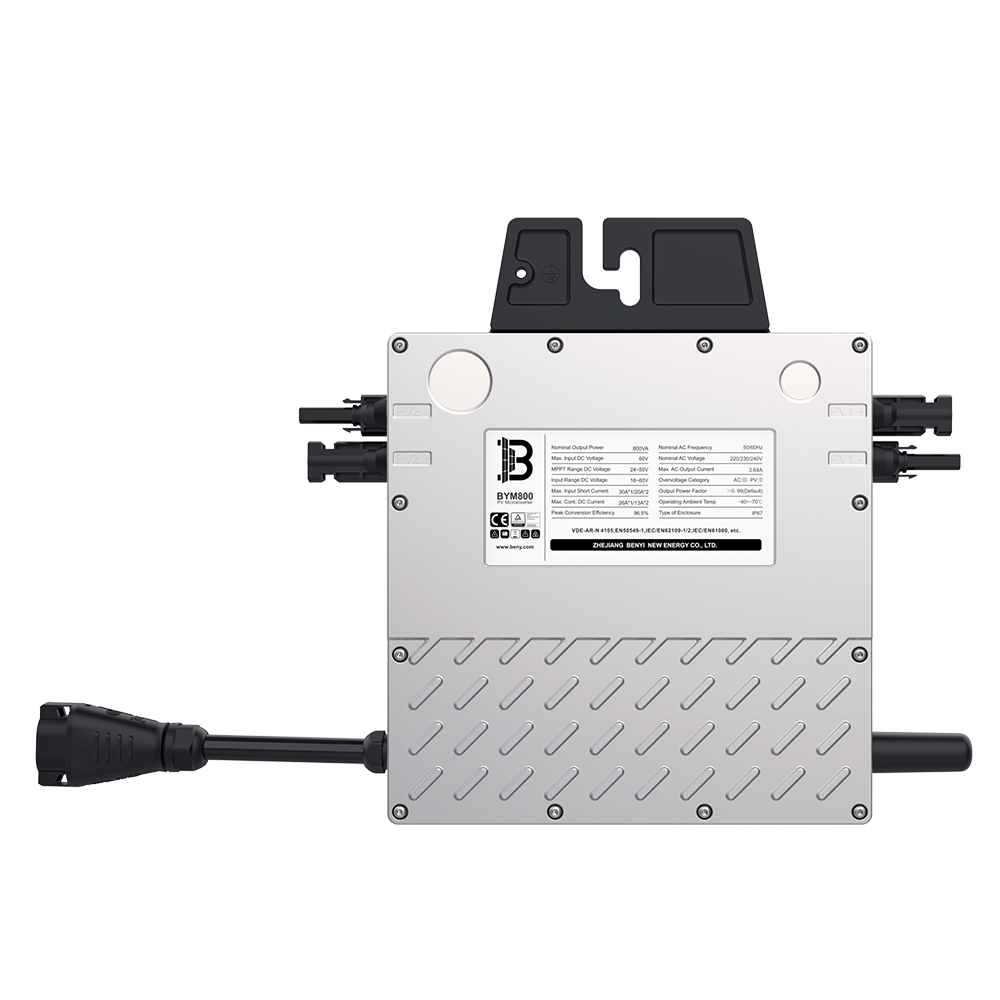Enhancing Efficiency: Harnessing Solar Power with Microinverters in None Industry
Body
As the demand for sustainable energy solutions continues to grow, the solar industry has been at the forefront of innovation. One of the key advancements in this field is the use of microinverters, which play a crucial role in enhancing the efficiency of solar power systems. In this article, we will delve into the world of microinverter technology and its impact on the solar energy industry.

The Role of Microinverters in Solar Energy Systems
Traditional solar power systems rely on a single central inverter to convert the direct current (DC) generated by solar panels into alternating current (AC) for use in homes and businesses. However, this setup comes with certain limitations, such as reduced efficiency due to mismatch losses and shading issues. Microinverters address these challenges by being installed on each individual solar panel, allowing for maximum power point tracking and optimization of energy production.
By harnessing the power of microinverters, solar energy systems can overcome the drawbacks of traditional inverters and operate at peak efficiency, even in less than ideal conditions. This technology has revolutionized the way solar power is harnessed, making it a game-changer in the industry.
Enhancing Efficiency: Harnessing Solar Power with Microinverters in Joe Ancira Industry
When it comes to enhancing the efficiency of solar power systems, microinverters are unmatched in their ability to maximize energy production. Their decentralized nature means that the performance of each solar panel is optimized individually, leading to higher overall system efficiency. Additionally, microinverters enable real-time monitoring of each panel's performance, allowing for proactive maintenance and rapid fault detection.
Furthermore, the modular nature of microinverter-based systems makes them highly scalable, allowing for easy expansion and customization. This level of flexibility and efficiency is a testament to the impact of microinverters in the solar energy industry.
The Advantages of Microinverter Technology
Aside from enhancing efficiency, microinverters offer a range of other advantages that make them a preferred choice for solar power systems. One notable benefit is their ability to mitigate the impact of partial shading, as each panel operates independently of the others. This means that a shaded panel does not affect the performance of the entire system, resulting in higher overall energy production.
Additionally, microinverters contribute to increased system reliability and safety, as they eliminate the single point of failure associated with traditional central inverters. This decentralized approach also leads to easier installation and maintenance, reducing overall system downtime and operational costs.
Future Outlook and Adoption of Microinverter Technology
As the solar energy industry continues to evolve, the adoption of microinverter technology is expected to grow exponentially. With advancements in power electronics and the increasing demand for efficient energy solutions, microinverters are poised to become the standard in solar power systems.
Furthermore, ongoing research and development in the field of microinverter technology are paving the way for even more efficient and cost-effective solutions. The potential for integrating microinverters with energy storage systems and smart grid technologies further solidifies their position as a driving force in the future of solar energy.
In conclusion, the impact of microinverters in enhancing the efficiency of solar power systems cannot be overstated. Their ability to optimize energy production, mitigate shading issues, and improve system reliability makes them a vital component of the solar energy industry. As the world continues to embrace sustainable energy solutions, microinverters will undoubtedly play a pivotal role in shaping the future of solar power.












Comments